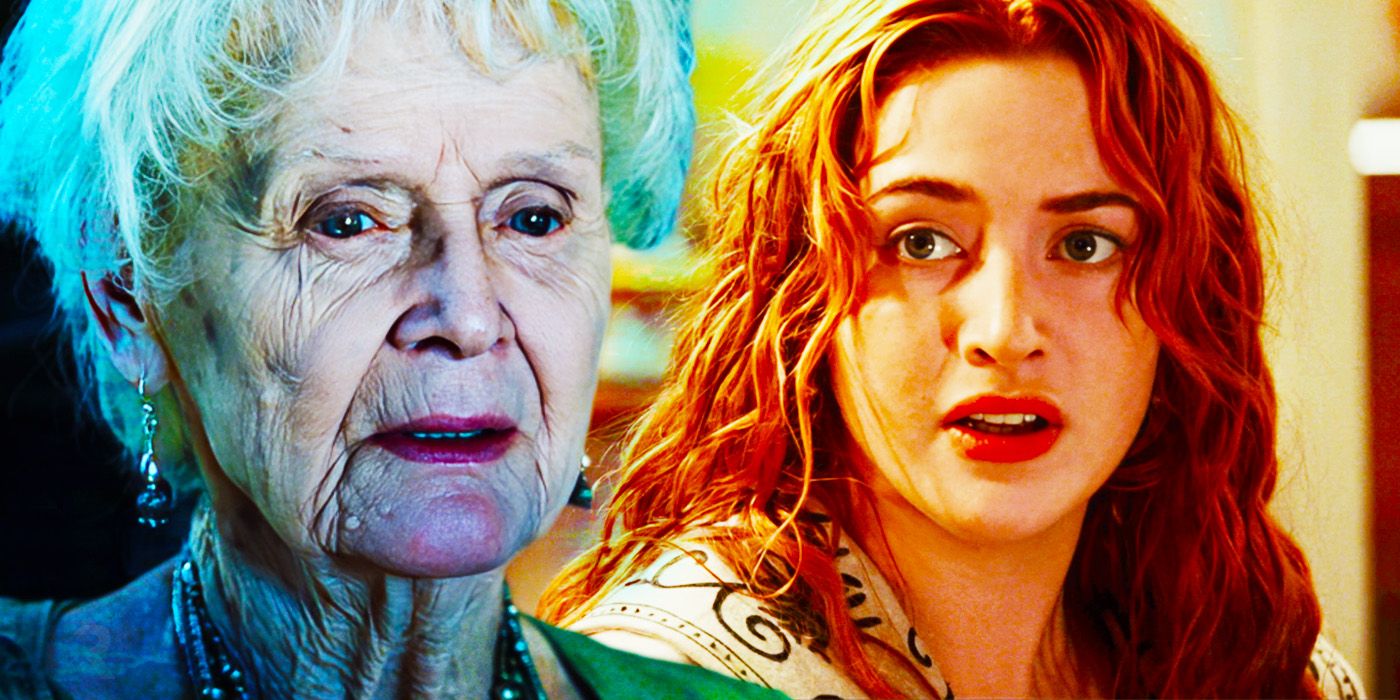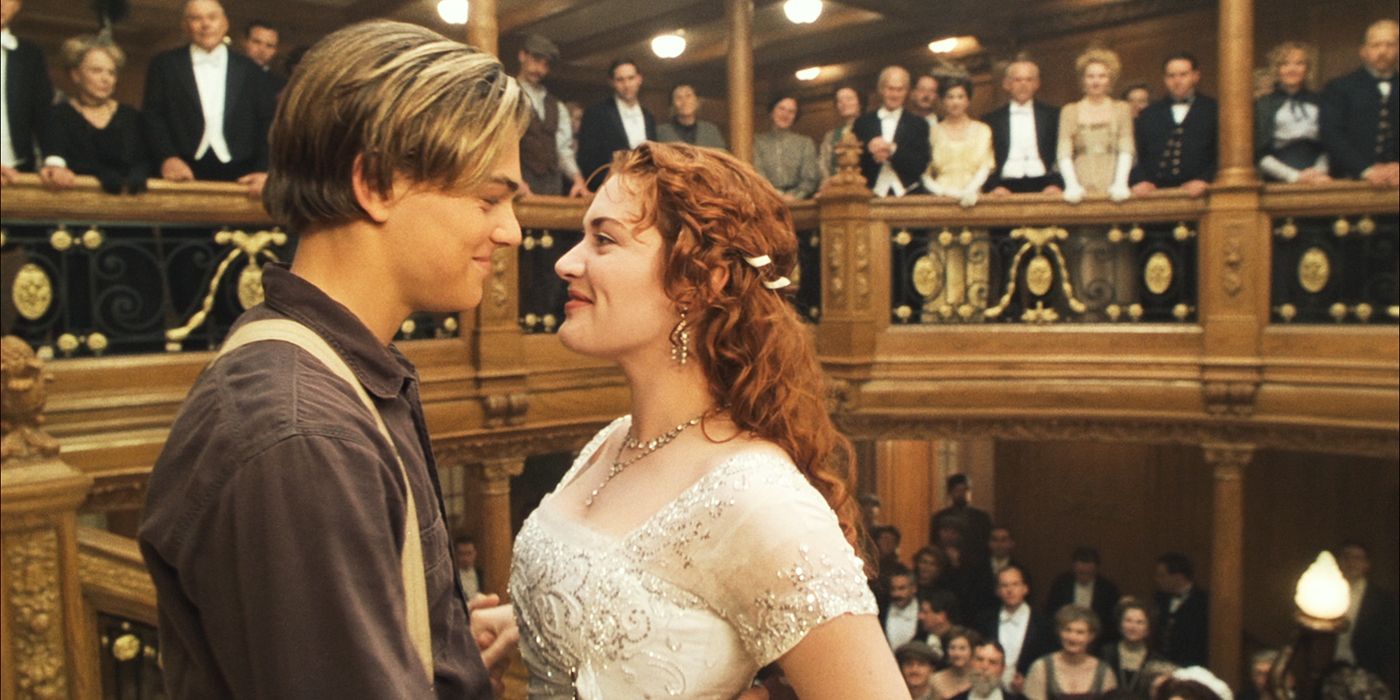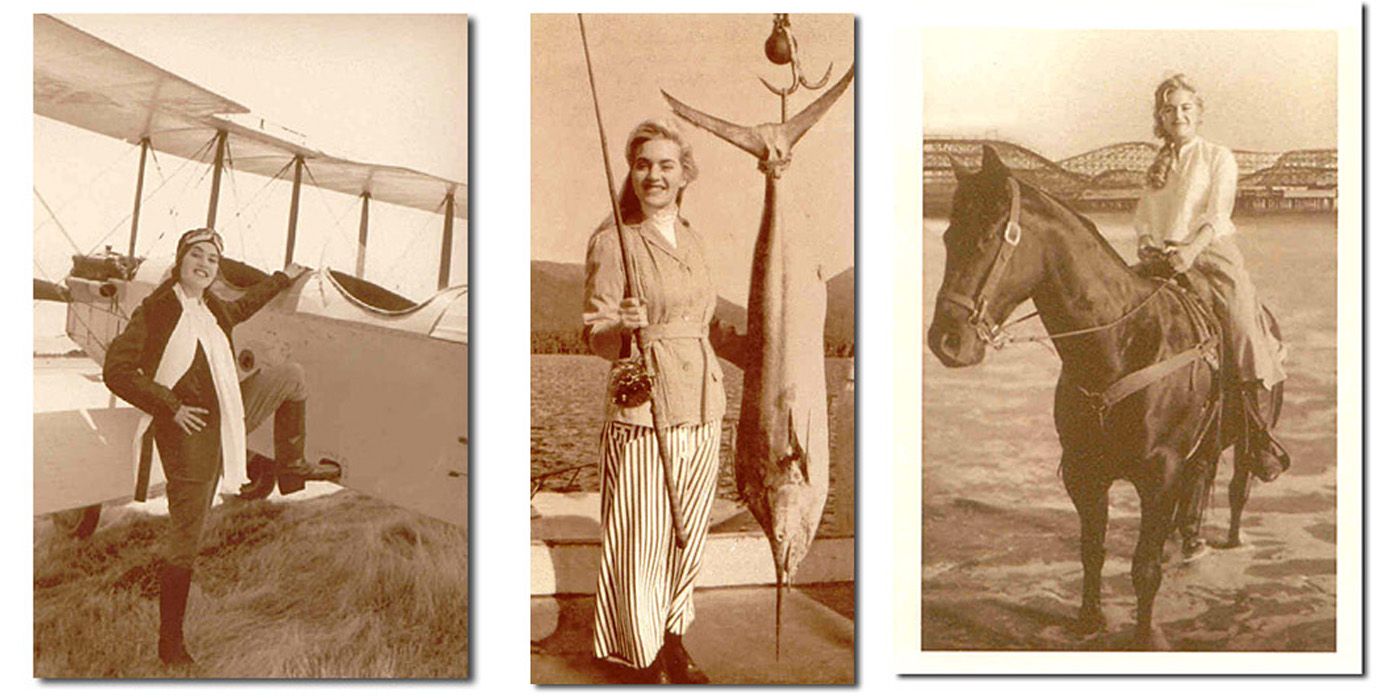
Although Titanic tells the widely known story of the ship that sank during its maiden voyage, the fate of its main characters wasn’t sealed from the beginning, and Jack Dawson’s death was teased in the first act of the movie. James Cameron has become one of the most respected filmmakers in the industry, in big part thanks to the various genres he has explored in his movies – from horror with his directorial debut Piranha II: The Spawning to sci-fi with The Terminator and even action comedy with True Lies. In 1997, he paid a visit to the genres of disaster films and epic romance with his most ambitious project at the time: Titanic.

Based on the accounts of the sinking of the RMS Titanic in 1912, Titanic tells the story of Rose DeWitt Bukater (Kate Winslet) and Jack Dawson (Leonardo DiCaprio), two passengers from different social classes who fall in love aboard the ship during its ill-fated maiden voyage. Over the course of just four days, Rose and Jack met, fell in love, tried to stay away from each other (due to Rose’s family and her fiancé, Cal Hockley), and eventually chose to stay together and make a life together once the ship arrived at its destiny, but that wasn’t possible. Rose survived the Titanic disaster, but Jack didn’t, and his fate was teased in the first act of the movie.
Titanic jumps back and forth from the present (1997) to 1912 as old Rose (played by Gloria Stuart) tells the story of her short-lived but very intense romance with Jack to her granddaughter and the crew of treasure hunter Brock Lovett (Bill Paxton). As the story is told through her perspective, the audience got a close look at Rose’s struggles, which at the beginning of the story drove her to try to kill herself by attempting to jump off the ship. Rose was stopped by Jack, who convinced her not to jump. Jack told her that if she jumped he would too in order to save her, with Rose replying that the fall would kill him. Jack explained that his real concern was the water being too cold, and told her the story of when he fell on thin ice while ice fishing.

Jack then described the feeling to Rose, explaining that the ice-cold water, “like right down there”, hits you “like a thousand knives stabbing all over your body”, leaving you unable to breathe and think about anything except for the pain you’re experiencing. At first, this is only taken as a story to gain time and convince Rose to get back on the ship, but upon closer inspection and a couple of rewatches, it feels more like a tease of what was to come for Jack. Perhaps the most controversial and endlessly debated scene from Titanic is that of the floating door, when Jack and Rose, fighting for their lives in the sea after the ship sank, found a door that could have kept them afloat. Unfortunately, the door didn’t seem to be stable and big enough to hold both, so Jack let Rose get on it while he stayed in the freezing cold water, holding on to the edge of the door and to Rose’s hands. Jack died while they waited for a lifeboat to arrive, and he surely went through all those feelings he described earlier in the movie.

Although Rose and Jack didn’t get to do all those things they wanted to do together and couldn’t have the life they wanted, they reunited at the end of the movie, in what is still debated by fans to be either her arrival to the afterlife or just a dream. Jack’s death being teased by him in the first act of Titanic adds a bit more drama to the mix, more so when taking into account that he had already had a bad experience with ice-cold water, so he had an idea of what he (and Rose) were going to experience when the ship began to sink.
